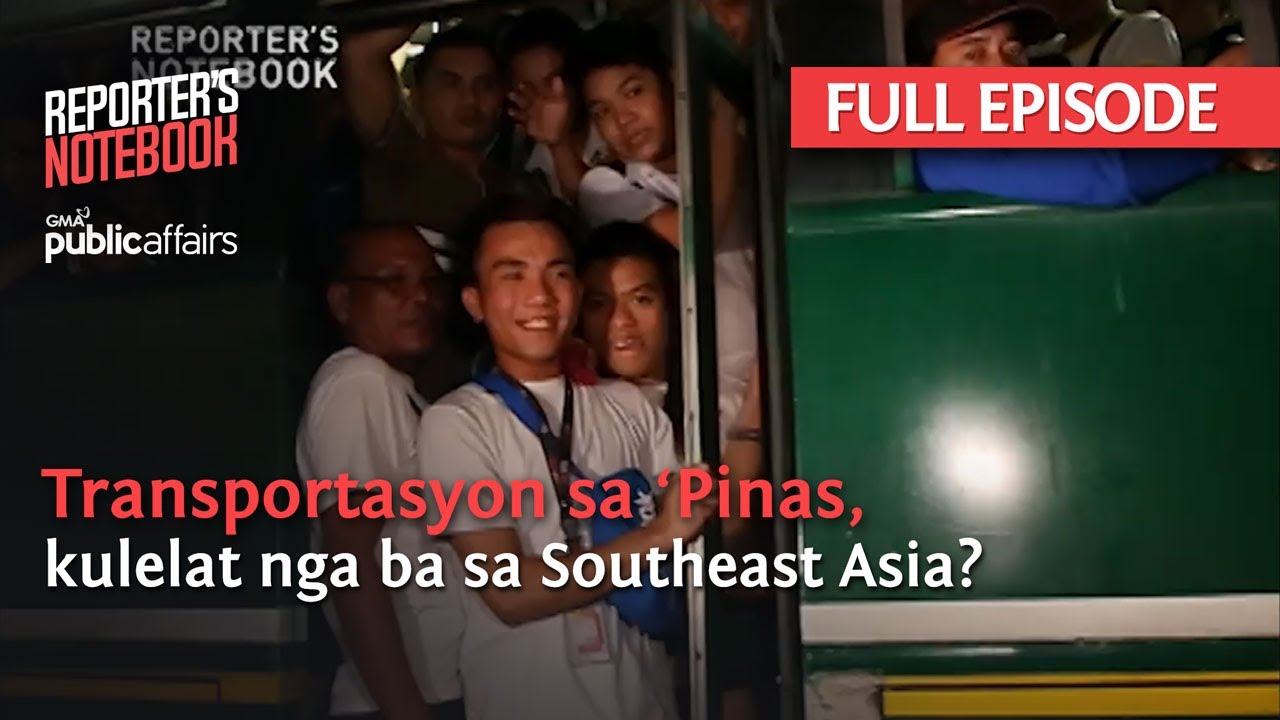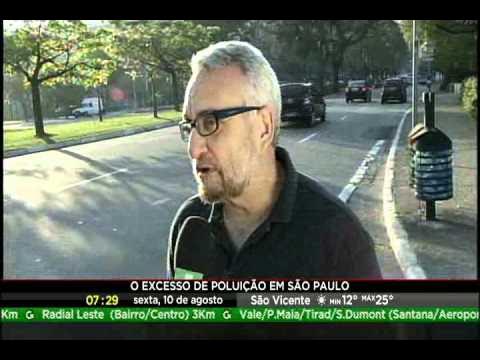Sabi ng Jeep - For POS100
Summary
TLDRThe video script addresses the challenges of public transportation in the Philippines, particularly the jeepney, and its impact on traffic and pollution. It discusses the need for government regulation to improve road manners and the importance of considering the marginalized in society. The speaker also touches on the widening gap between the rich and the poor, the rise of intolerance, and the importance of building democratic societies that respect diverse rationalities. The script concludes with a call for genuine democratization and community discourse to bridge the gap between traditional and modern societal expectations.
Takeaways
- 🚌 The script discusses the jeepney as a form of public transport in the Philippines, highlighting issues with its operation and the impact on traffic and pollution.
- 🛣️ It mentions the lack of discipline among some drivers, who stop in the middle of the road without considering the traffic they cause.
- 📋 The need for government regulation is emphasized, suggesting strict penalties for improper stopping and designated areas for loading and unloading passengers.
- 🌍 The script touches on the broader socio-economic context, noting the jeepney's importance to the economy and the challenges of modernizing without affecting the poor.
- 💭 There's an acknowledgment of the gap between the rich and the poor, and a rise in intolerance and violence, which is linked to political phenomena like the election of Donald Trump.
- 🌐 The script criticizes the Western conception of a city, suggesting that jeepneys and their drivers do not fit into this model and are perceived as polluters.
- 🏙️ It describes a clash between traditional and modern rationalities, with jeepney drivers operating as if they were on rural roads in a city setting.
- 🗣️ The importance of listening to marginalized voices and incorporating their perspectives into governance systems is stressed.
- 🔄 The script calls for greater democratization and solidarity, urging for the opening up of governance systems to include the voices of the poor and marginalized.
- 🌱 It suggests that starting with small communities and building discourse can lead to wider societal change and a more inclusive approach to urban development.
- 🌉 The role of education and awareness in bridging the gap between different rationalities is highlighted, with a call for individuals to act as mediators and foster understanding.
Q & A
What is the main issue discussed regarding public transportation in the Philippines?
-The main issue is the disempowering and dilapidated condition of jeepneys, which contribute to pollution and traffic problems due to drivers' lack of discipline and disregard for road manners.
Why are jeepneys considered a form of public transport that should not be removed?
-Jeepneys are an integral part of society and provide essential transportation for the poorer classes. Removing them would negatively impact a significant portion of the population who rely on them for daily commuting.
What is the speaker's view on the current state of road manners among jeepney drivers?
-The speaker believes that jeepney drivers lack discipline and often stop in the middle of the road without considering other vehicles, causing traffic and safety issues.
What solutions does the speaker propose to improve the situation with jeepneys?
-The speaker suggests that the government should impose stricter regulations and penalties for improper stopping, identify designated areas for loading and unloading passengers, and educate drivers about road manners.
How does the speaker feel about the gap between the rich and the poor in society?
-The speaker is disturbed by the widening gap between the rich and the poor and the rise of intolerance and violence, which they see as a significant social problem.
What role does the speaker believe the government should play in addressing the issues with jeepneys?
-The speaker believes the government should regulate the operation of jeepneys, enforce road regulations, and consider the needs and rationalities of marginalized groups in policy-making.
What is the speaker's perspective on the modernization of cities and its impact on traditional rationality?
-The speaker sees a clash between traditional rationality and the modernization efforts of cities, which are often Westernized and do not accommodate the needs and behaviors of traditional communities.
Why does the speaker think discourse and democracy are important in addressing societal issues?
-The speaker believes that discourse and democracy are essential for building solidarity, listening to marginalized voices, and incorporating their concerns and ways of life into governance systems.
What does the speaker suggest as a starting point for bridging the gap between different rationalities in society?
-The speaker suggests starting with small communities and building discourse within them, gradually expanding to wider communities to foster understanding and inclusion of diverse rationalities.
How does the speaker view the role of education in bridging the gap between different rationalities?
-The speaker sees education, particularly in institutions like Ateneo, as a way to make people aware of different rationalities and to develop individuals who can act as bridges between them.
Outlines

Dieser Bereich ist nur für Premium-Benutzer verfügbar. Bitte führen Sie ein Upgrade durch, um auf diesen Abschnitt zuzugreifen.
Upgrade durchführenMindmap

Dieser Bereich ist nur für Premium-Benutzer verfügbar. Bitte führen Sie ein Upgrade durch, um auf diesen Abschnitt zuzugreifen.
Upgrade durchführenKeywords

Dieser Bereich ist nur für Premium-Benutzer verfügbar. Bitte führen Sie ein Upgrade durch, um auf diesen Abschnitt zuzugreifen.
Upgrade durchführenHighlights

Dieser Bereich ist nur für Premium-Benutzer verfügbar. Bitte führen Sie ein Upgrade durch, um auf diesen Abschnitt zuzugreifen.
Upgrade durchführenTranscripts

Dieser Bereich ist nur für Premium-Benutzer verfügbar. Bitte führen Sie ein Upgrade durch, um auf diesen Abschnitt zuzugreifen.
Upgrade durchführenWeitere ähnliche Videos ansehen

Transportasyon sa ‘Pinas, kulelat nga ba sa Southeast Asia? | Reporter’s Notebook

Guia do Trânsito - Poluição em São Paulo

Threat to native wildlife species (Full Episode) | Born to be Wild

Unang Balita sa Unang Hirit: JUNE 23, 2025 [HD]

#suaratirta: BAHAYA POLUSI UDARA BAGI TUBUH!

Philippines in Focus: Jeepneys in Jeopardy
5.0 / 5 (0 votes)
